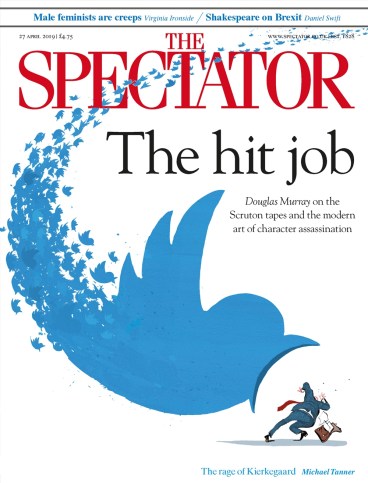A man for all ages
The deployment of Shakespeare to describe Brexit is by now a cliché. It might take the form of a quotation, be borrowed in a headline, or involve the name of one of the better-known characters; it might turn up in that most hollow of adjectives, Shakespearean. It has two possible modes. There is triumphalism drawn












